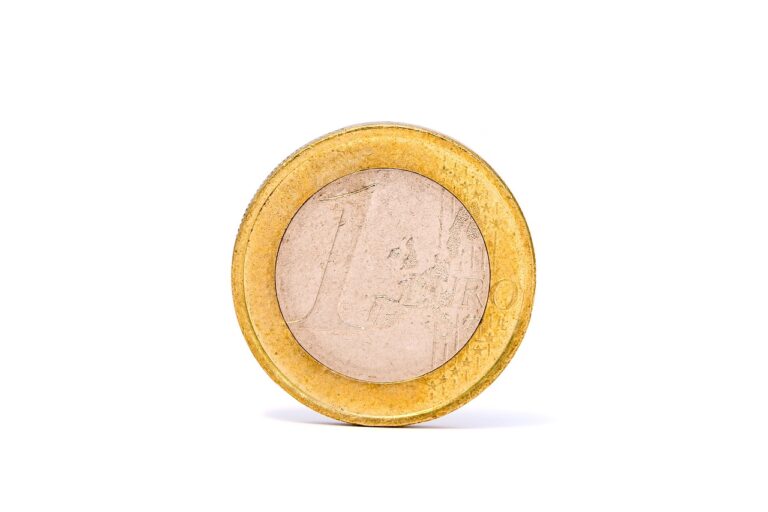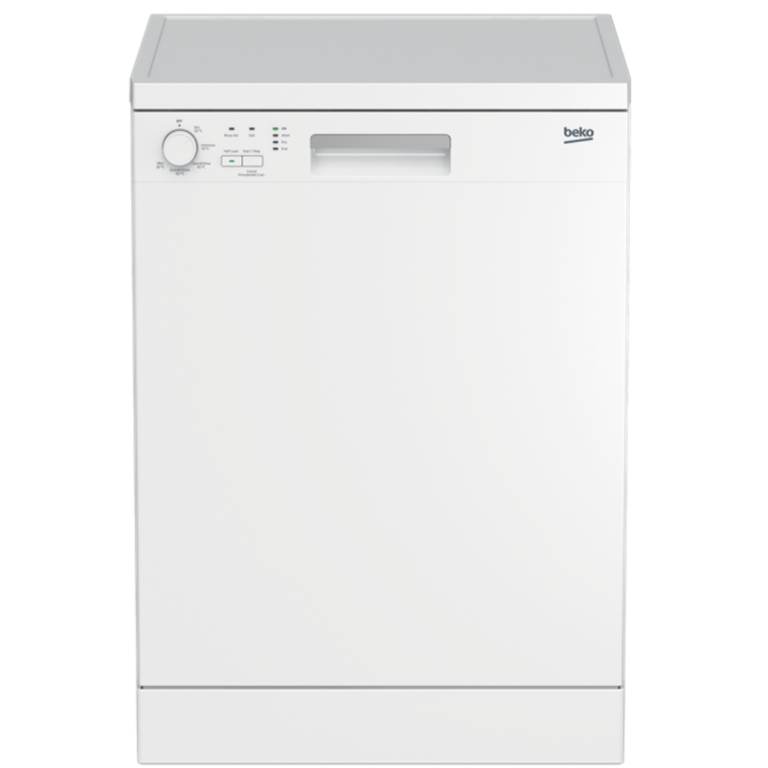The Role of Watches in Scientific Research
99exch.com login, laser247. com, yolo247 login:Watches have been an essential tool in scientific research for centuries. They play a crucial role in helping researchers measure time accurately, which is essential for conducting experiments, collecting data, and analyzing results. Whether tracking the movement of celestial bodies, monitoring the behavior of animals, or measuring the duration of chemical reactions, watches are indispensable in the world of science.
In this blog post, we will explore the role of watches in scientific research and how they have contributed to advancements in various fields of study.
Measuring Time in Precision
One of the primary functions of watches in scientific research is to measure time with precision. Timing is critical in many experiments, where even a slight deviation can lead to inaccurate results. Watches, especially those equipped with chronograph functions, help researchers track time down to the second or even millisecond, ensuring the accuracy of observations and measurements.
Monitoring Natural Phenomena
Watches are also used to monitor natural phenomena, such as the movement of tides, the changing of seasons, or the behavior of wildlife. By recording precise timestamps, researchers can analyze patterns and trends in these phenomena and gain insights into the underlying mechanisms driving them. For example, researchers studying animal behavior rely on watches to document the timing of specific activities and interactions, helping them understand the animals’ social structures and communication patterns.
Synchronizing Experiments
In scientific research, many experiments involve multiple processes that need to be synchronized to achieve meaningful results. Watches play a vital role in coordinating these processes by providing a common reference point for all researchers involved. By ensuring that everyone is working in sync, watches help streamline experiments and facilitate data collection and analysis.
Measuring the Speed of Events
Some scientific research requires measuring the speed of events, such as the rate of a chemical reaction, the velocity of a moving object, or the frequency of a biological process. Watches equipped with specialized features, such as tachymeters or pulsometers, enable researchers to calculate these speeds accurately and efficiently, providing valuable insights into the dynamics of the phenomena under study.
Tracking Data Over Time
In longitudinal studies and long-term experiments, tracking data over time is essential for understanding how variables evolve and interact with each other. Watches help researchers record timestamps for data points, observations, and measurements, allowing them to create timelines and visualizations that reveal patterns and trends in the data. By capturing the temporal dimension of research, watches enhance scientific understanding and drive discoveries in various fields.
Facilitating Fieldwork
In fieldwork and outdoor research environments, where access to electronic devices may be limited or unreliable, watches serve as reliable timekeeping tools. From tracking the duration of field observations to coordinating data collection activities, watches provide researchers with a portable and robust solution for managing time in challenging conditions. Their durability, precision, and ease of use make them indispensable companions for scientists working in the field.
Conclusion
Watches play a vital role in scientific research, enabling researchers to measure time accurately, monitor natural phenomena, synchronize experiments, measure the speed of events, track data over time, and facilitate fieldwork. By providing a reliable and convenient means of timekeeping, watches enhance the efficiency, accuracy, and effectiveness of scientific investigations across diverse disciplines.
FAQs
1. Can any watch be used for scientific research?
While any watch can be used for basic timekeeping in scientific research, watches with specialized features, such as chronographs, tachymeters, and pulsometers, are better suited for more precise and specific applications.
2. How important is accurate timekeeping in scientific research?
Accurate timekeeping is crucial in scientific research, as even small deviations in timing can lead to inaccurate results and conclusions. Watches help researchers measure time with precision, ensuring the reliability and validity of their findings.
3. Are there any specific watch brands recommended for scientific research?
There is no specific watch brand recommended for scientific research, as the choice of a watch depends on the researcher’s preferences, requirements, and budget. However, reputable brands known for their durability, accuracy, and reliability are often favored by scientists conducting research.
4. How do watches help researchers in fieldwork?
Watches help researchers in fieldwork by providing a portable and robust timekeeping solution that is easy to use and resistant to environmental conditions. In remote or outdoor research environments, watches are essential tools for managing time and coordinating activities effectively.







